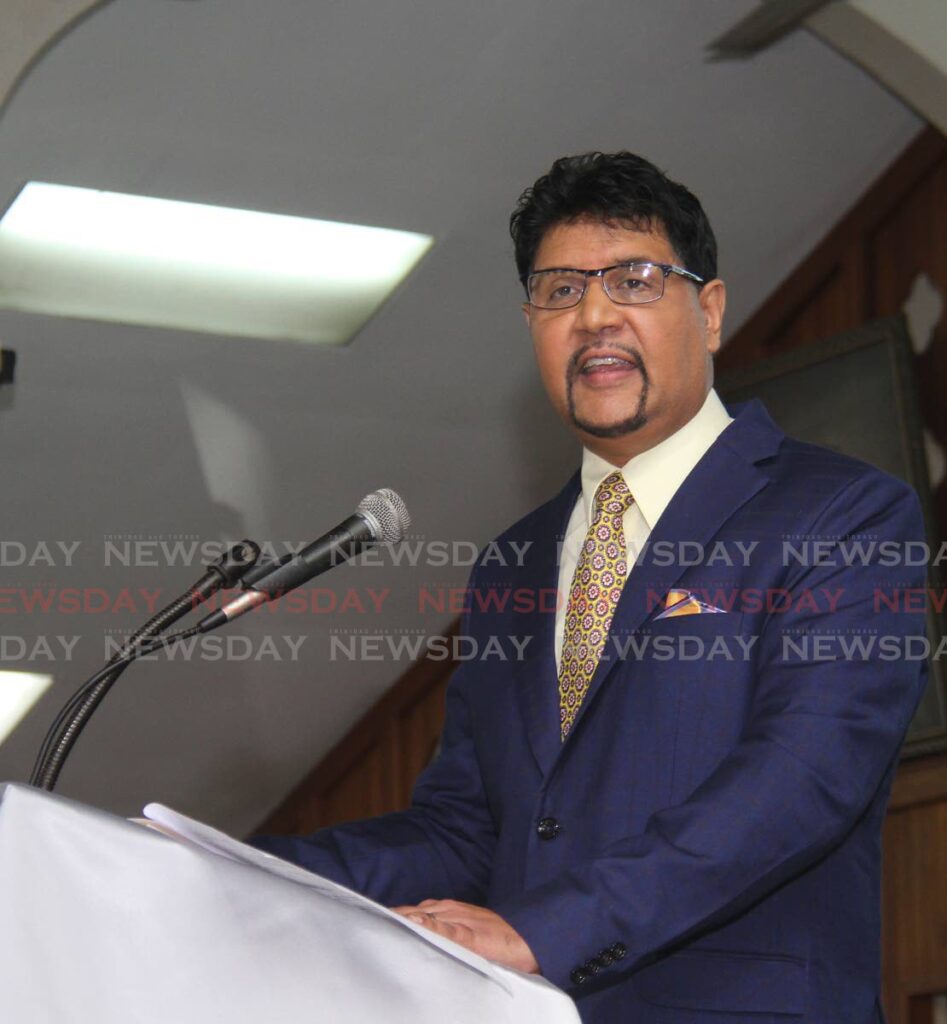Beyond race

THE CALL on Tuesday by High Court judge Frank Seepersad for the formation of a special race-relations commission was a reminder that despite how far we have journeyed as a country we still have a long way to go.
Justice Seepersad’s Indian Arrival Day entreaty, in which he also called for constitutional reform, may have had the air of the familiar given how many voices have appealed to political leaders in the past to act outside of partisan considerations and to change the way we do things.
But that does not mean it did not perfectly match the mood given that the country is now bracing itself for yet another gruelling election season, filled with the usual dog-whistling and hypocritical, sanctimonious feigning of moral outrage that is a seemingly permanent feature of the hustings.
The High Court judge did more than simply lament the prevalence of divisiveness, dishonesty and disingenuous discourse. He set out a concrete vision of the role that could be played by an independent commission in preserving our paradise, noting our diversity is our greatest asset.
“The commission, if formed, may wish to consult political parties, religious bodies, civic groups, business conglomerates and citizens so as to allay fears, alter entrenched perceptions, address cultural biases and identify the areas of engagement which require greater tolerance, equity and gender inclusivity,” he said.
The need for such a commission has long been evident.
In 2020, when election campaigning saw an upsurge in racism, the University of the West Indies (UWI) St Augustine Campus and the Catholic Commission for Social Justice (CCSJ) collaborated to host a virtual national symposium.
The formation of the Council for Responsible Political Behaviour five years prior, in 2015, was partly a result of the need to address similar concerns.
Efforts to put the debate of issues – not personalities – into the forefront through the formation of debates commissions have also come and gone over the years.
Ironically, there is already a statutory body that is, in a way, performing functions like those suggested by Justice Seepersad.
The policing of discrimination based on race is a matter for the Equal Opportunities Commission (EOC).
Yet, that relatively new body has at times been fettered by a lack of resources as well as an inadequate legislative basis to cover the full spectrum of discrimination which occurs in any modern society.
Last month, EOC officials informed a parliamentary committee that only one investigating officer is currently out to work and that there is a backlog of complaints. Given such constraints it is hard to picture the EOC playing as robust a role as it could in reshaping social attitudes.
And, as suggested by Justice Seepersad, those attitudes, despite frequent denials, need to be reshaped.

Comments
"Beyond race"